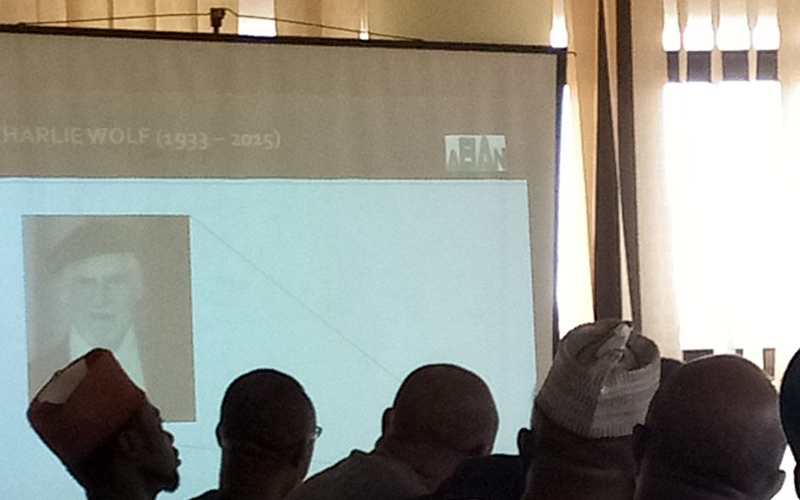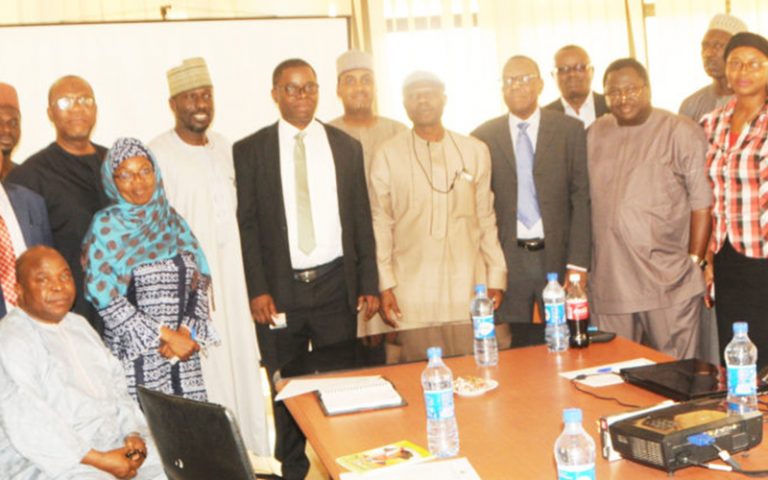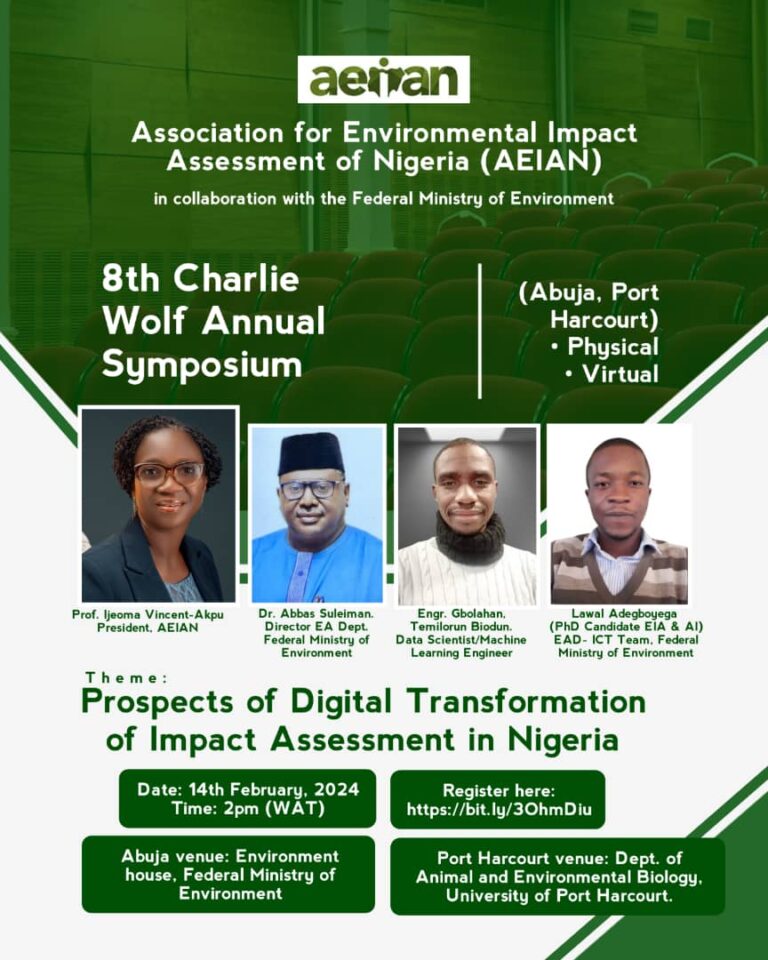Annually, the association holds the Charlie Wolf Symposium, an event held in honour of Charlie Parker Wolf. Often referred to as the founding father of Social Impact Assessment, Charlie’s work and passion is well documented in many countries across the world particularly in Nigeria where he taught and assisted in the development of some policies. The fora basically seek to bring together several regulators from different sectors, consultants, academics and businesses to discuss Impact Assessment from different perspective.
The first Charlie Wolf Symposium was held in 2016 at the Federal Ministry of Environment (Brown Building) and was well attended by regulators and consultants. Held in lead-up to IAIA ‘16 in Nagoya, the event created a platform where accepted papers to be presented at IAIA’s annual conference could be critiqued in line with guidelines and aspirations of the main conference before presenters travelled to Japan. AEIAN resolved to hold this event annually in honour of Charlie.
Presentations at the seminar, which was attended by over 30 people from both the public and private sectors, started with opening remarks by Mr. J.A. Alonge, Director for EA at the Federal Ministry of Environment. Environmental Consultant, Ahmad Sanda, presented “Comparing the Efficacies of Flood Early Warning System According to Development and Level of Education in Underserved and Developed Communities,” highlighting the challenges of early warning systems in Nigeria from the structural and communication perspectives while proffering improved methods to ensure that underserved communities are not neglected. The paper also identified role of impact assessment in the development of flood early warning systems. Dr. Ijeoma Vincent- Akpu then discussed “Assessing Climate Vulnerability on Small-scale Fishers’ Livelihood,” focusing on the effect of climate change on some selected fishing communities along the coast of Ghana. Her research highlighted the variance in fish yield among the fishing communities which can be attributed to the varying effects of climate change.
 In both cases, the audience shared thoughtful comments and suggestions as how best to enrich the documents and presentations.
In both cases, the audience shared thoughtful comments and suggestions as how best to enrich the documents and presentations.
 A moment of silence was held as a tribute to Charlie, as was a group discussion on the potential influence of AEIAN in Nigeria policy-making.
A moment of silence was held as a tribute to Charlie, as was a group discussion on the potential influence of AEIAN in Nigeria policy-making.




